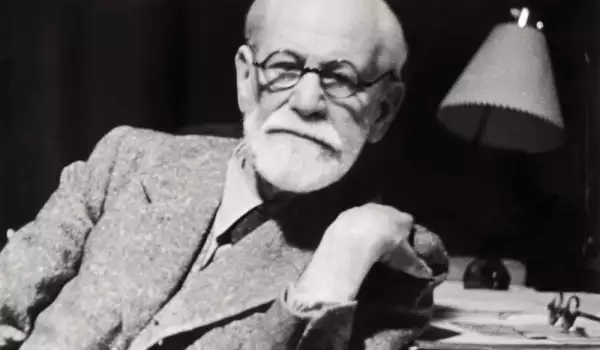Sigmund Freud ( 1856 – 1939 ) was an Austrian neurologist and psychologist. He was the founder of one of the main movements in psychotherapy - psychoanalysis.
Between 1892 - 1895, Freud became engrossed with applying the method of free association when working with his patients. He would let his patient settle in comfortably in a chair or couch, while urging them to relax maximally.
At that point, the patient would have to voice all thoughts and memories, which come to mind at that moment, regardless of their triviality, absurdity or illogicality.
The most interesting things about the analysis of this free flow of words are the paralinguistic ( the intonation and tone of voice ) and extralinguistic ( the pauses and contradictions, changes of subject and storyline according to the patients ) features.

Freud created the rule, followed by all psychoanalytic therapists after him, that one free association leads to another, located deep in the subconscious. Similar associations are interpreted by the symbolic meaning given to the expressed thoughts and feelings.
The main thesis of this rule of determinism is that "free associations" are never free but guided by subconscious processes.
Of course, with Freud, everything is connected. Even errors in speech. He would often use the not-so-rarely seen in the everyday occurrences, more commonly known as "lapsus", i.e. errors during speaking, reading and listening.

Inevitably, the processes of temporarily forgetting names, losing or hiding something from oneself, accepting things as reality, which do not exist, or are not as they seem, etc. are also related.
Analysis of speech errors serves to illustrate the two postulates of psychoanalysis. From one standpoint, this is the availability of unconscious mental events, while from another - sexual determination of mental disorders.
According to Freud, these events have a few more root causes. These might be fatigue, agitation, obsessions or addictions.
His conclusion was that in general, speech errors are "mental acts, caused by the interference of two different intentions, resulting in one restricting and distorting the other, " and that "suppressing the need to say something is a definite factor for the occurrence of an error in speech."
The most noticeable error in speech is considered to be that one made during speaking, when a person says the exact opposite of what they were trying to say. Then you have jokes, anecdotes and humor, behind which shines the clear subconscious.








